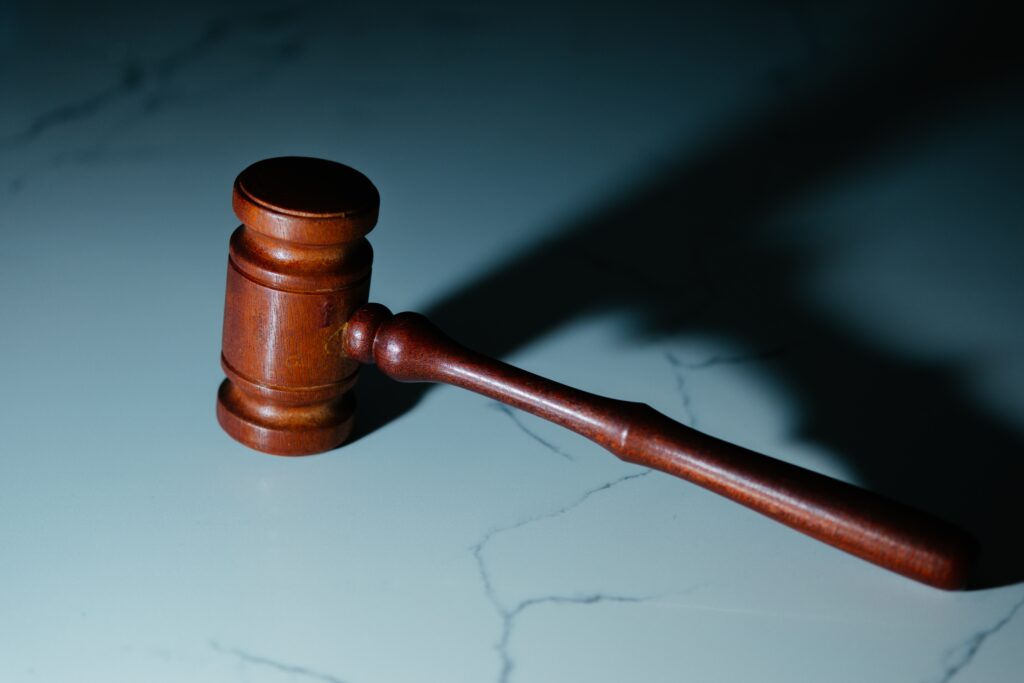
On Friday, Southern District of New York Judge John Koeltl issued a much-anticipated decision in Hachette Books v. Internet Archive. Unfortunately, as many of our members and allies are aware, the judge ruled against the Internet Archive, finding that its CDL program was not protected by the doctrine of fair use and granting the publishers’ motion for summary judgment. You can read the 47-page decision for yourself here.
In his fair use analysis, Judge Koeltl found that each of the four fair use factors weighed in favor of the publishers, emphasizing above all else his view that IA’s controlled digital lending program was not transformative, an important consideration under the first fair use factor, which considers the purpose and character of the use. This inquiry also involves asking whether the use in question was commercial. To the surprise of many, the decision stated that IA’s use of the publishers’ works was commercial, because the Open Library is part of the IA’s website, which it uses “to attract new members, solicit donations, and bolster its standing in the library community.” The judge found this to be the case in spite of the fact that IA “does not make a monetary profit” from CDL. In other words, the judge held that the indirect, attenuated benefits the Internet Archive (which is, after all, a nonprofit) reaps from operating the Open Library makes its CDL program commercial.
Judge Koeltl gave less attention to the fourth factor in the fair use analysis, “the effect of the use on the potential market for the work,” which is often held up to be of significant importance. One consideration under this factor is whether the use creates a competing substitute with the original work. Unfortunately, on this point too, the court—in our view—missed the mark. This is because the decision does not draw a distinction between CDL scans and ebooks, going so far as to call CDL scans “ebooks” throughout. As we explained in our summary of the proceedings last week, many features of both CDL and ebooks make them both functionally and aesthetically distinct from one another. By glossing over these differences, the judge reached the conclusion that CDL scans are direct substitutes for licensed ebooks.
Authors Alliance is deeply concerned about the ramifications of this decision, which was exceedingly broad in scope, striking a tremendous blow to the CDL model, rather than only IA’s implementation of it. Local libraries across the country practice CDL, and library patrons and authors alike depend on it to read, research, and participate in academic discourse.
As it stands, this decision only applies to Internet Archive and is only about the 127 books on which the publishers based their lawsuit. It does not set a binding precedent for any other library, but if left in place (or worse, if affirmed on appeal), it could cause libraries to avoid digitizing and lending books under a CDL model, which in our view would not serve the interests of many authors. This decision makes it harder for those authors to reach wide audiences: CDL enables many authors to reach more readers than they could otherwise, and authors like our members who write to be read would not be served if fewer readers could access their books.
The decision also hampers efforts to preserve books—aside from IA’s scanning program, there are few if any centralized efforts to preserve books in digital format once their commercial life is over. Without CDL, those books could quite literally disappear, and the knowledge they advance could be lost. IA’s scanning operations do preserve such books, which is one reason we have strongly supported them in this lawsuit. By the same token, if this decision stands, it will also limit authors’ ability to conduct efficient research online. The CDL survey we launched last year revealed that CDL is an effective research tool for authors who need to consult other books as part of their writing process, and in many cases it enables them to access far more works than they could at their local library alone. Authors who rely on CDL in this way would be harmed by this decision, as they could well be forced to undergo a more time-consuming research process, detracting from time that could be spent writing.
The Internet Archive has already indicated that it will be appealing Judge Koeltl’s ruling, and we look forward to supporting those efforts. We will continue to keep our readers and members apprised of updates as this case moves forward.
Discover more from Authors Alliance
Subscribe to get the latest posts sent to your email.
